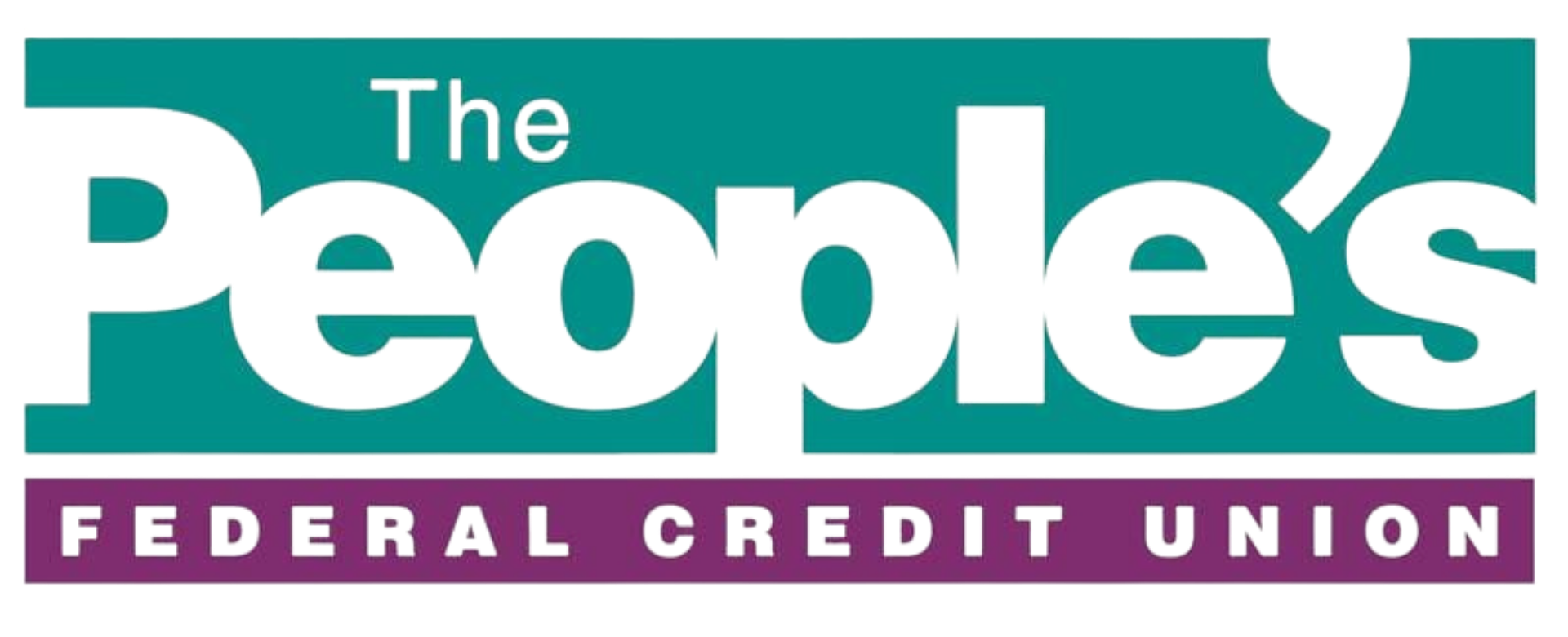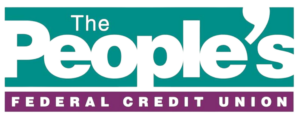Certificates of deposit (CDs) are a popular savings option offered by banks and credit unions. A CD is a type of savings account with a fixed interest rate and a fixed date of withdrawal, known as the maturity date. CDs require you to leave your money in the account for a specific period, ranging from a few months to several years. In return, you receive a higher interest rate compared to regular savings accounts.
CDs come in various types, each with unique features:
- Traditional CD: Offers a fixed interest rate for a fixed term.
- Jumbo CD: Requires a larger minimum deposit and usually offers a higher interest rate.
- Bump-Up CD: Allows you to increase your interest rate if rates rise during your term.
- No-Penalty CD: Lets you withdraw your funds early without incurring a penalty.
The Pros of Investing in a CD
Investing in a CD has several advantages.
Safety and Security
CDs are very safe. The FDIC and NCUA fully insure CDs for banks and credit unions, up to $250,000 per depositing individual. This means your money is protected, making CDs a low-risk option compared to stocks or bonds.
Predictable Returns
CDs offer fixed rates, so you know exactly how much you will earn. This predictability is appealing, especially in a volatile market where other investments can fluctuate in value.
Higher Interest Rates
Compared to regular savings accounts, CDs usually offer higher interest rates. This makes them attractive for those looking to earn more on their savings. Longer terms generally come with higher rates, rewarding those who can leave their money untouched for a longer period.
The Cons of Investing in a CD

While CDs have advantages, there are also downsides to consider.
Limited Liquidity
One drawback of a CD is limited liquidity. Once you deposit your money, you are expected to leave it there until the maturity date. Withdrawing early usually incurs a penalty, which can reduce your earnings.
Early Withdrawal Penalties
If you need to access your funds before the maturity date, you will likely face a penalty fee. These fees vary but can be substantial enough to negate the interest earned or even reduce your principal. It’s essential to consider whether you can commit to leaving your money untouched for the entire term.
Inflation Risk
CDs also carry inflation risk. If the inflation rate exceeds your CD’s interest rate, the purchasing power of your money could decrease over time. This means that while your balance grows, it might not keep up with the rising cost of living, reducing the real value of your savings.
Who Should Invest in a CD?
CDs can be a good investment choice for certain types of savers. Consider investing in a CD if you:
- Have a low tolerance for risk and prioritize the safety of your principal.
- Have a specific savings goal with a fixed timeline, such as saving for a down payment on a house or funding a future vacation.
- Have a lump sum of money that you don’t need immediate access to and want to earn a guaranteed return.
Secure Your Financial Future with TPFCU
Certificates of deposit are very different from traditional savings accounts. If you’re unsure whether a CD is right for you, we can help you weigh the pros and cons and consider your financial goals and needs.
If you’re looking to open a CD or explore other savings options, The People’s Federal Credit Union (TPFCU) is here to make it easy. Enroll online or contact us today to learn more about how we can help you make the most of your savings.








